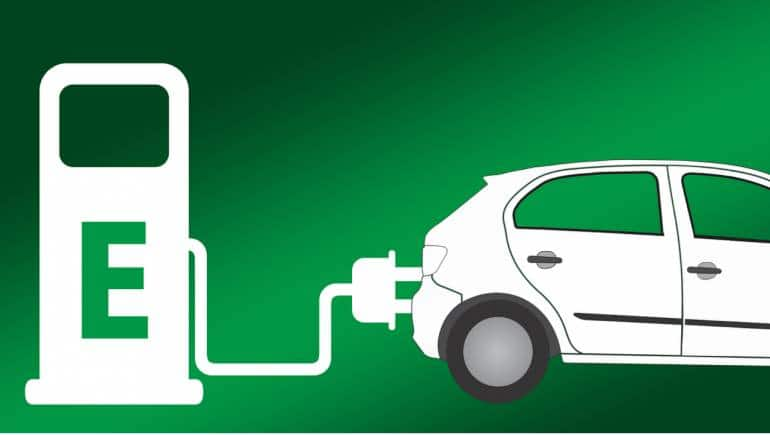Log9 Materials, India’s first lithium-ion battery maker, warned that production at its Bengaluru plant could be affected by the late arrival of Chinese experts as the New Delhi government delayed approving visa applications.
“If the Chinese engineers don’t arrive on time, the production of our cell line will be affected,” Pankaj Sharma, co-founder and director of Log9, told Reuters. “We don’t know by how much, but it can practically destabilize production.”
Log9 relies on engineers from China to set up imported machines and modernize existing ones at its factory. A delay of about four months in issuing visas would affect the speed at which the factory reaches peak production levels, Sharma said.
Earlier this month, an Indian government official said some manufacturers, who rely on Chinese expertise, have sought faster approval for their suppliers’ visa applications from China.
The comments come as India is trying to position itself as a key manufacturing hub for companies turning their backs on China, which is struggling with slowing economic growth.
Log9’s Bengaluru facility, its current sole manufacturing unit, has an annual installed battery production capacity of 250 MWh.
Its batteries power the electric fleets of logistics giants Maersk and Blue Dart Express, as well as electric vehicle makers like Quantum Energy and Hala Mobility, while the Indian government is pushing for cleaner technologies.
According to Sharma, who declined to disclose production figures, Log9 has sold over 1,000 battery units so far in 2023 after selling 4,000 units last year.
Log9, whose backers include Amara Raja Batteries and Malaysia’s Petronas, raised $40 million in January at a value of around $210 million. The company will start the next round of funding later this year or early next year, Sharma said.

“Incurable gamer. Infuriatingly humble coffee specialist. Professional music advocate.”







